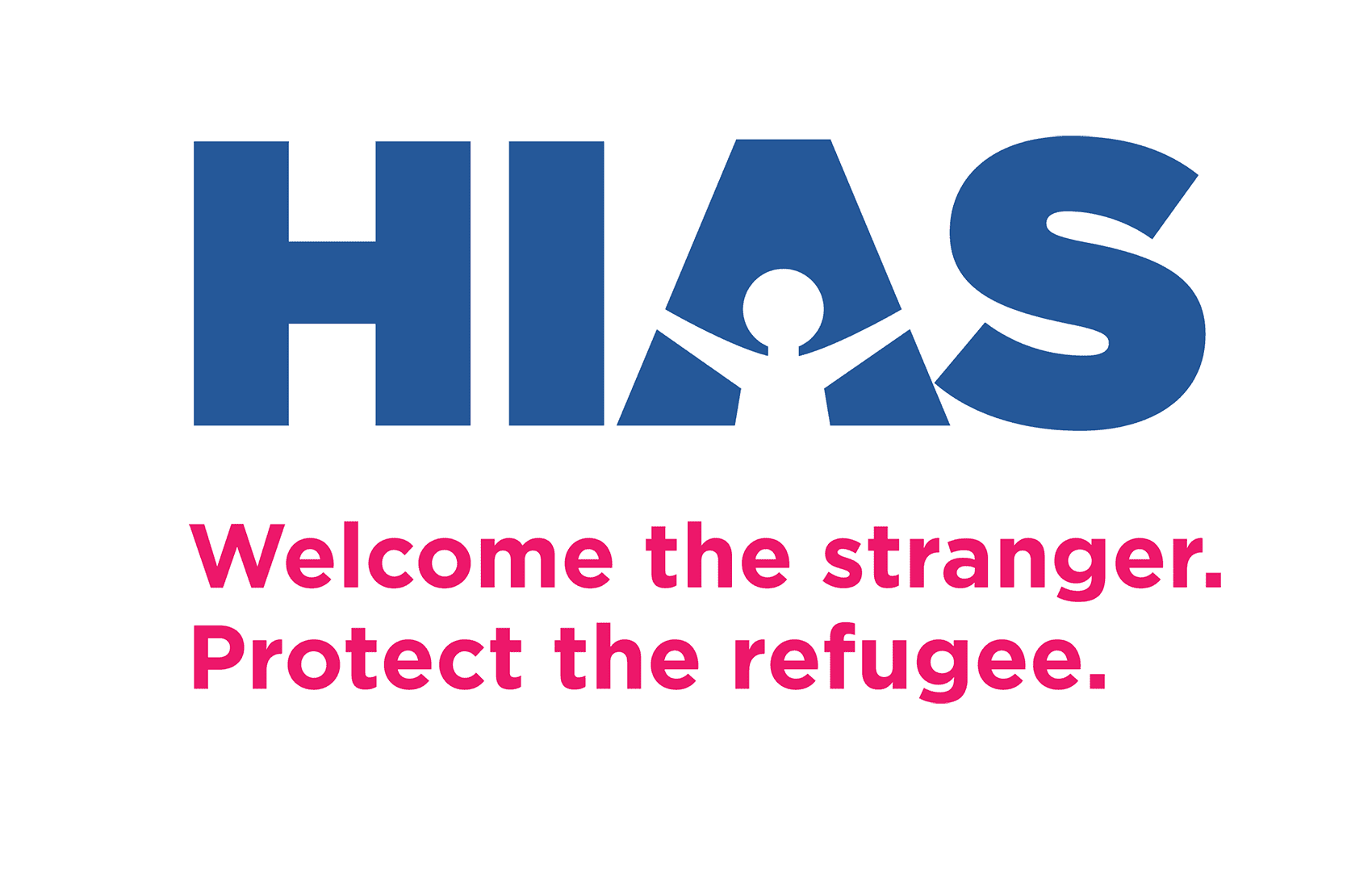The Ultimate Legacy: Senator Lautenberg and Continued Protection for Iranian Religious Minorities
By Shaina Ward
May 08, 2013
“More than twenty years ago, I created this program to allow religious minorities to escape persecution and live safely in the United States.” That is what Senator Lautenberg said about the Lautenberg Amendment after an extension and expansion of the program was included in the Senate’s immigration reform bill S. 744, The Border Security, Economic Opportunity, and Immigration Modernization Act, introduced on April 17, 2013. “Expanding the Lautenberg Amendment will allow this critical lifeline to provide additional groups of persecuted individuals with a safe means of exit and access to refuge in the United States.” Championed for decades by Senator Lautenberg, the Amendment assists individuals facing extreme danger and hardship and has already resettled and saved the lives of more than 440,000 individuals.
The Lautenberg Amendment originally was enacted in 1989 as part of the 1990 Foreign Operations Appropriations Bill, establishing a presumption of eligibility for refugee status for certain categories of people from the former Soviet Union (FSU) and Southeast Asia. In 2004, the Amendment was expanded to include Iranian religious minorities and became a crucial lifeline by helping to facilitate the resettlement of Jews, Christians, Baha’is, and others. Since 1990, the Amendment has been subject to yearly renewal as part of the appropriations bill, leaving many to fear for their safety should the bill lapse, causing their plausible escape route to disappear.
Since the inclusion of Iranian religious minorities in the Amendment in 2004, those wishing to file refugee claims have been able to do so in Austria after proving to the United States that they are a bona fide member of one of the designated religious groups and passing security checks. Because the United States has no embassy in Iran and cannot interview applicants there, this arrangement serves as a lifeline for Iranian religious minorities.
Prior to the Amendment and the consistency of claims it enables, Austria did not issue visas, fearing that those not eligible would end up stranded in the country. Those seeking resettlement—unable to obtain visas for Austria—therefore could not be processed by the United States Refugee Support Center in Vienna, an office run by HIAS that is central to its mission of helping both persecuted Jews and non-Jews. During this time, many fleeing Iran tried to do so via illegal and dangerous routes, such as smuggling themselves across borders into Turkey and Pakistan. This is why the requirement that the Amendment be renewed each year is of such concern, since a lapse could result in the termination of the arrangement with Austria, thereby forcing these vulnerable groups to decide once again between staying in Iran and trying to escape through dangerous means.
HIAS is grateful for Senator Lautenberg’s hard work and championship, which has ensured decades of safety for refugees and the inclusion of the Lautenberg Amendment in the immigration reform bill. The bill would expand the program and give the President the authority to include other groups that are victims of persecution on account of race, religion, nationality, membership in a particular social group, or political opinion. With Senator Lautenberg’s upcoming retirement from the Senate, HIAS is excited that this part of the immigration reform bill would preserve Senator Lautenberg’s legacy of protecting persecuted religious minorities while creating new opportunities for other persecuted groups—with an emphasis on those seeking religious freedom—to receive protection.
After lapsing briefly during fiscal year 2013, the Lautenberg Amendment recently was extended for the remainder of the fiscal year; however, it is set to expire again on September 30, 2013.


